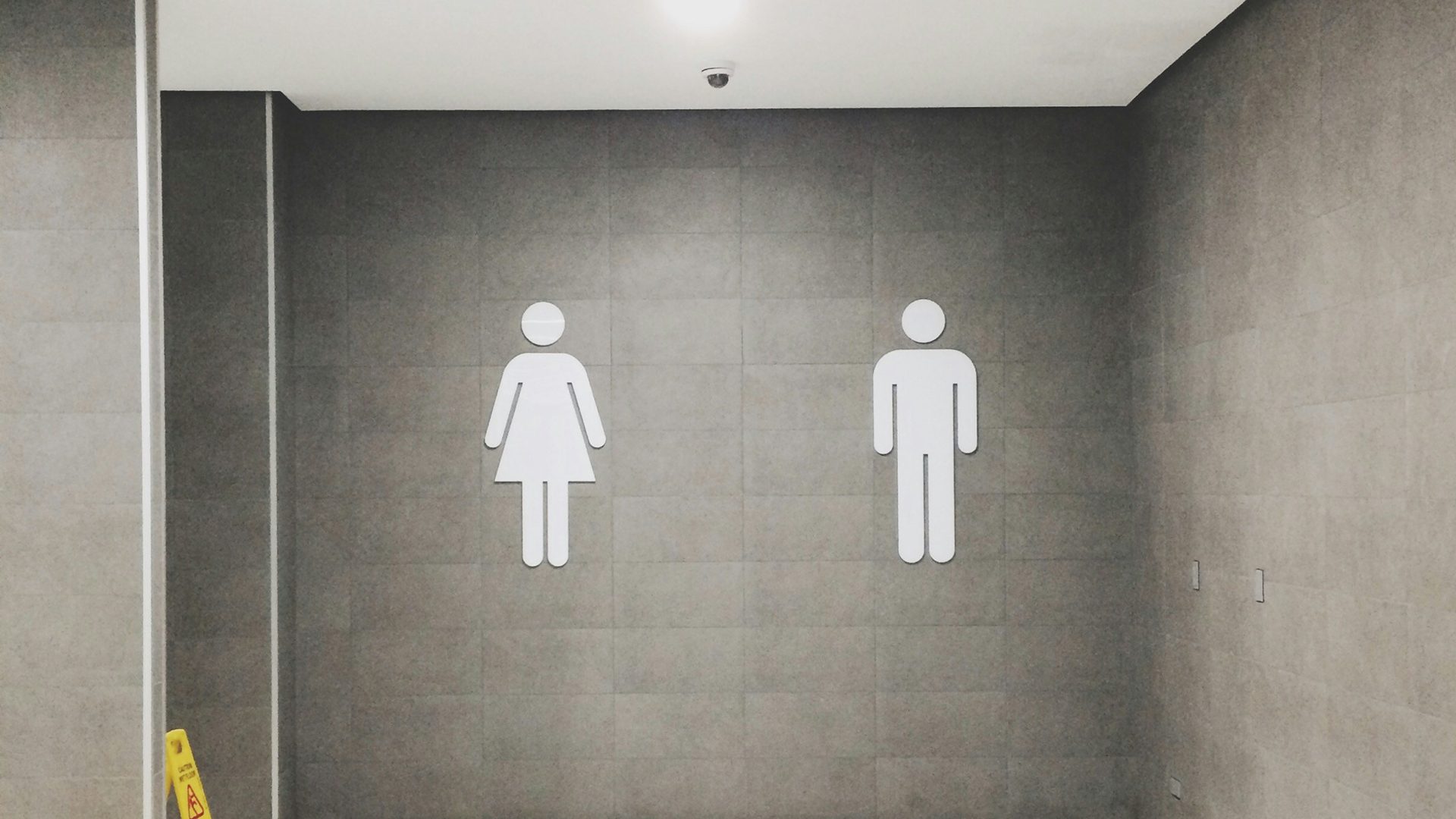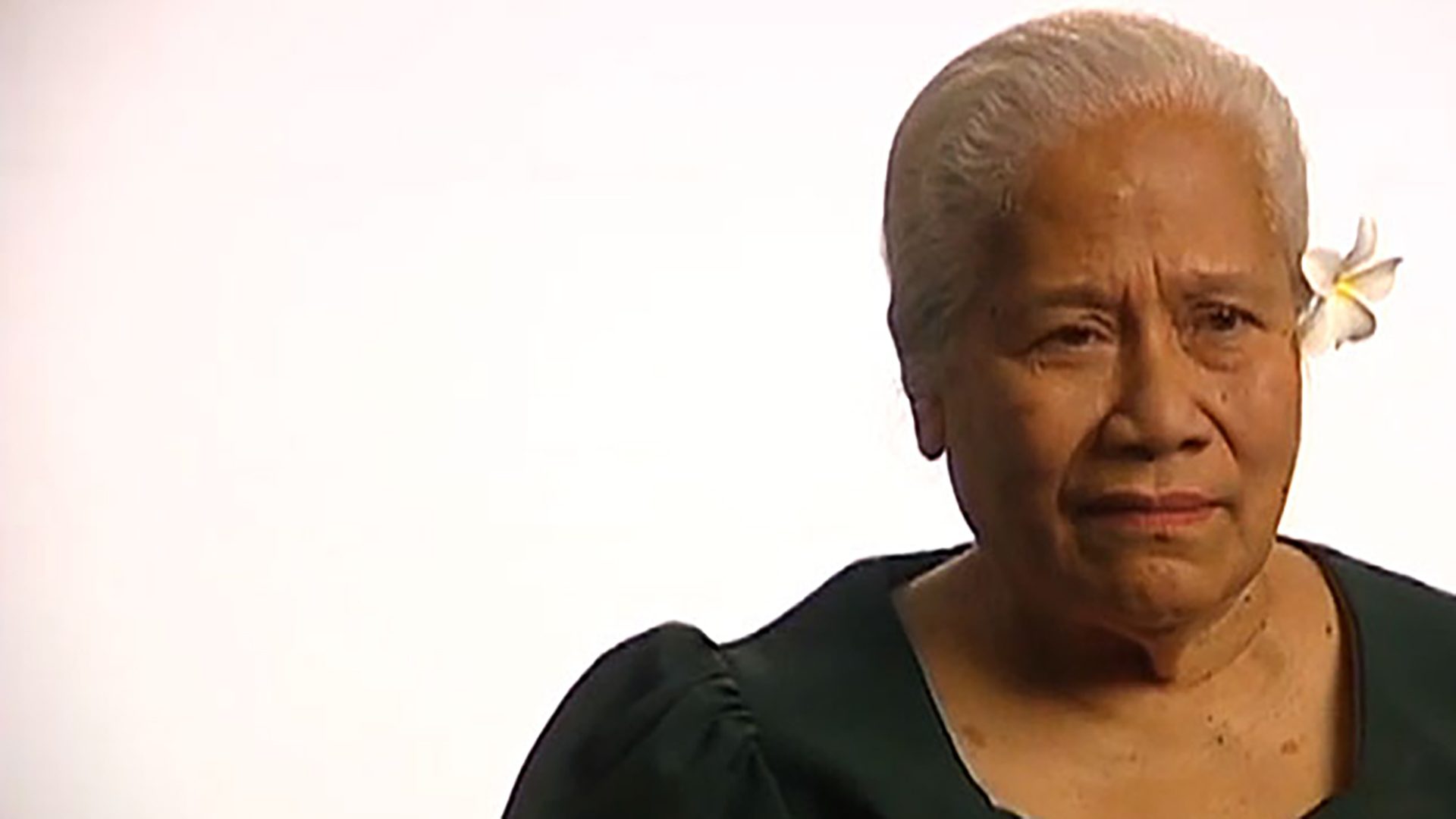Urinary Incontinence
Some survivors may experience the uncontrollable loss of urine from the bladder. This is a private matter, and embarrassment from urinary incontinence can affect self-esteem, lifestyle and quality of life. But you are not alone.

Urinary incontinence affects more than 25 million other Americans, including many cancer survivors. By identifying the causes of urinary incontinence, you can take steps to manage it and reduce its effect on your daily activities.
Types of Urinary Incontinence:
- Stress incontinence: People with stress incontinence may experience problems while they are laughing, coughing, sneezing, lifting, exercising or standing up.
- Urge incontinence: Those with urge incontinence experience the need to urinate frequently. They must get to a restroom quickly to prevent leaking. The urge sensation can be uncomfortable or even painful.
- Mixed incontinence: Individuals with mixed incontinence commonly experience a combination of stress and urge symptoms.
- Overflow incontinence: Overflow incontinence occurs when some obstruction to the urine flow causes the bladder to overfill and leak small amounts. This can occur if the prostate is enlarged and squeezes the urethra or if the bladder valve does not open properly. There may be the feeling of having to urinate every few minutes because the bladder usually does not empty completely.
Cancers that Could Cause Urinary Incontinence
Most studies on cancer survivors with urinary incontinence focus on prostate cancer. However, other cancers or treatments can also affect urinary incontinence. For example:
- Cancers in the pelvis such as prostate, cervix, rectum, urethra and bladder.
- Tumors in the brain, spinal cord or those affecting the nerves to the bladder or pelvic muscles.
- Lung or esophageal cancer because of a chronic cough.
- Breast cancer because of the drying affects of hormonal changes.
Cancer Treatments that Could Cause Urinary Incontinence
There may be a number of causes for urinary incontinence during cancer treatment. Surgery or radiation in the pelvic area can injure the nerves going to the bladder. This might occur during prostate, uterine or colon surgery. If the nerves are injured, this could cause confusion in the signals the brain sends to the bladder. Here is a list:
- Surgical changes to the bladder outlet such as removing the prostate.
- Side effects of treatments such as nausea and vomiting that can contribute to stress incontinence.
- Bladder irritation that results in urinary frequency and urgency.
- Changes to the nerves or blood vessels that are responsible for urinary control.
- Chemotherapy can contribute to nausea and vomiting, nerve damage and ovarian failure with loss of hormones.
- Hormonal therapies can cause dryness to vaginal and urethral tissues.
- Radiation to the pelvis for bladder, prostate, cervical or rectal cancer can cause bladder irritation and an overactive bladder (urge incontinence).
- Bone marrow transplant with high dose chemotherapy can have side effects of vomiting and bladder cystitis.
How to Treat Urinary Incontinence
Behavioral Therapy
Behavior therapy treatment options address a behavior or activity that can be changed. These may include emptying the bladder on a schedule, delaying the urge to go to the bathroom, strengthening the pelvic floor muscles or modifying diet and intake of fluids. About 80 percent of those with incontinence are able to improve symptoms with behavioral treatments. Advantages of Behavioral Therapy include:
- May improve several symptoms.
- No side effects.
- It is the least expensive method of treating urinary incontinence.
- It is usually recommended as the first method to try.
- You play a major role in your treatment.
Surgery
Surgeries are performed by urologists and gynecologists to reduce stress incontinence symptoms. Surgical treatment may be done to:
- Lift the bladder.
- Tighten bladder valve.
- Implant an artificial valve that goes around the urethra.
- Inject collagen to stiffen the area around the urethra and bladder valve so it closes better.
- Implant a small electrical device for nerve impulse and therapy to the bladder.
Medications
Medications for urge incontinence decrease how much the bladder muscles contract. They help with urgency and frequency. However, they may have side effects such as dry mouth or constipation, and they are not suitable for individuals with glaucoma. Medications for stress incontinence are being researched and are expected to be available in the near future.
Some individuals may be embarrassed and reluctant to seek treatment for urinary incontinence. Yet, this is a problem that may easily be managed or cured. If the quality of your life is affected by this condition, talk with your health care team about getting help. You do not need to suffer with this problem.
Talk to Your Health Care Team About These Strategies
- Avoid foods and drinks that irritate the bladder and cause urgency and frequency, including: chocolate, caffeine, tea, cola, alcohol, tomatoes, citrus fruits and juices, spicy foods, artificial sweeteners.
- Try pelvic muscle exercises to strengthen the support of the bladder and help reduce symptoms of stress, urge and mixed urinary incontinence.
- Stop smoking, which can affect bladder contractions and make them more frequent. Chronic cough from smoking adds stress and can weaken bladder and pelvic floor muscle supports.
- Try to shed extra pounds. Being overweight adds extra stress to the tone of the pelvic floor muscles and affects their support of pelvic organs.
- Avoid lifting and high impact exercises, without first developing the strength of your pelvic floor muscles.
- For chronic constipation, increase fiber and fluids. Straining to have a bowel movement pushes against the bladder’s pelvic floor muscle support.

